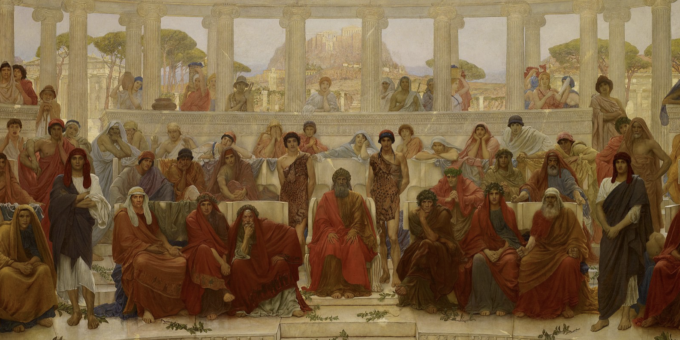
Tragedy has a long and rich history, dating back to ancient Greece. One of the earliest and most influential playwrights in this genre was Aeschylus, whose work helped to shape the development of tragedy as we know it today.
Aeschylus (525-456 BC) is regarded as the father of tragedy. The first playwright to use a second actor, he is also credited with introducing the idea of the Chorus, which acted as a commentator on the action. His plays, which were often based on historical events, were performed at the annual City Dionysia festival in Athens.
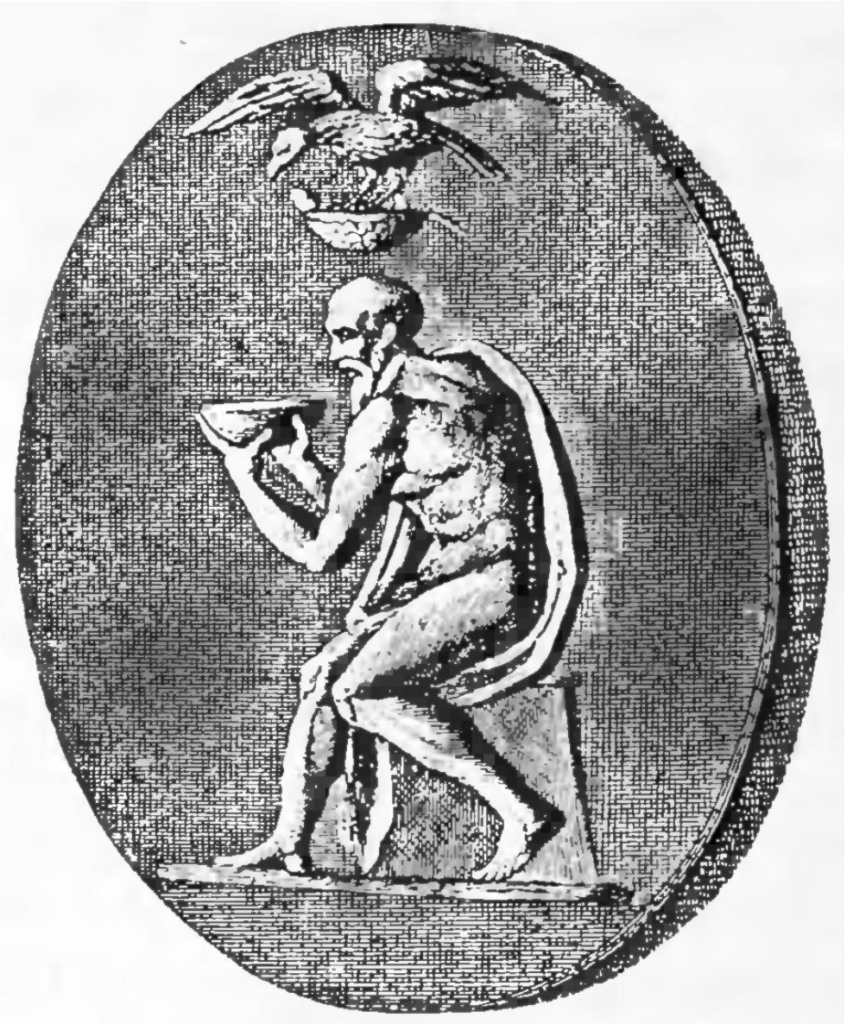
While the origins of tragedy are debated, it is generally thought to have arisen from a combination of religious ritual, poetry, and song. The earliest tragedies were probably performed by bards or rhapsodes, who would recite or sing heroic legends and stories. One of the most famous examples of this is Homer’s Iliad, which tells the story of the Trojan War.
The first tragedy to be written down was Aeschylus’ Oresteia, which tells the story of the House of Atreus. This trilogy of plays, which was first performed in 458 BC, won first prize at the City Dionysia festival.
Aeschylus is considered one of the most influential figures in the development of tragedy. This is because his plays were often based on historical events.
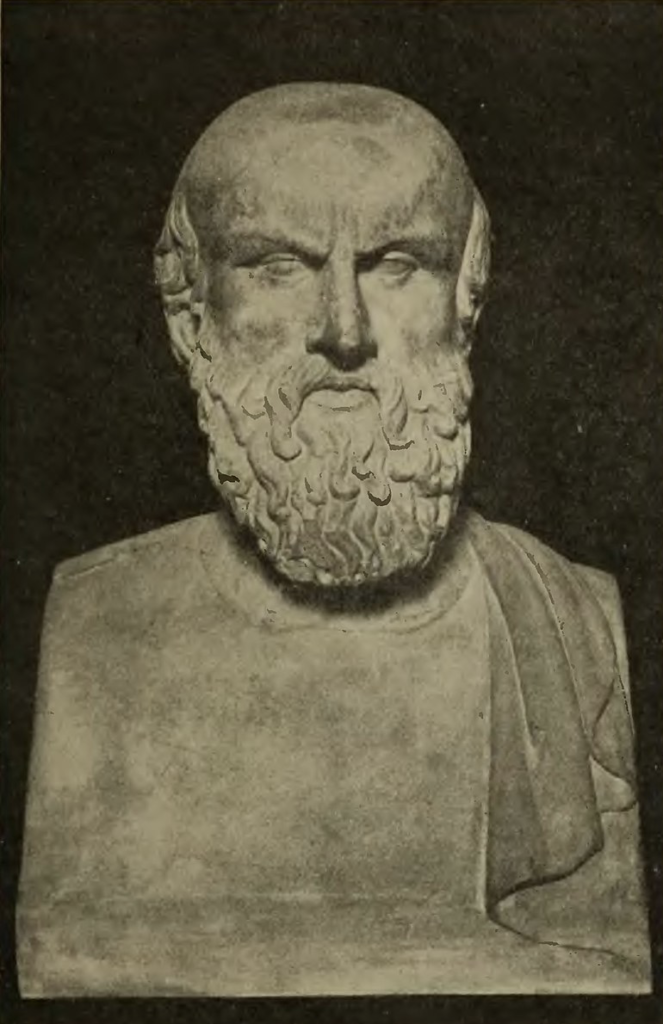
Aeschylus and the Power of Myth
Aeschylus was greatly influenced by the myths of his time. He believed that the stories of the gods could teach people about the human condition. He used the myths to explore the universal truths about human life.
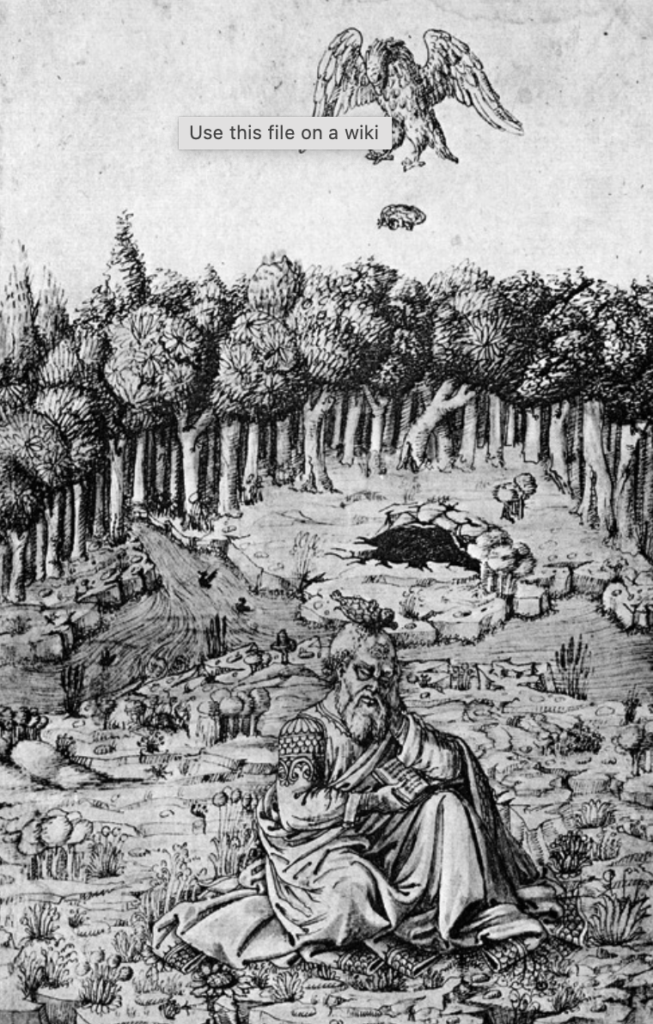
Aeschylus and the Tragedy of War
Aeschylus was born in 525 BC, during the height of the Athenian Empire. He experienced the horrors of war firsthand, as he fought in the Battle of Marathon in 490 BC and the Battle of Salamis in 480 BC. He lost his brother in the Battle of Marathon, and two of his sons died in the Battle of Salamis.
Aeschylus’ plays reflect his war experiences, and his work is often seen as a criticism of war. For example, in his play The Persians, he portrays the Battle of Salamis as a victory of good over evil. He criticizes the Persian king Xerxes for his foolishness and arrogance. In his play Oresteia, Aeschylus examines the cycle of violence that results from war.
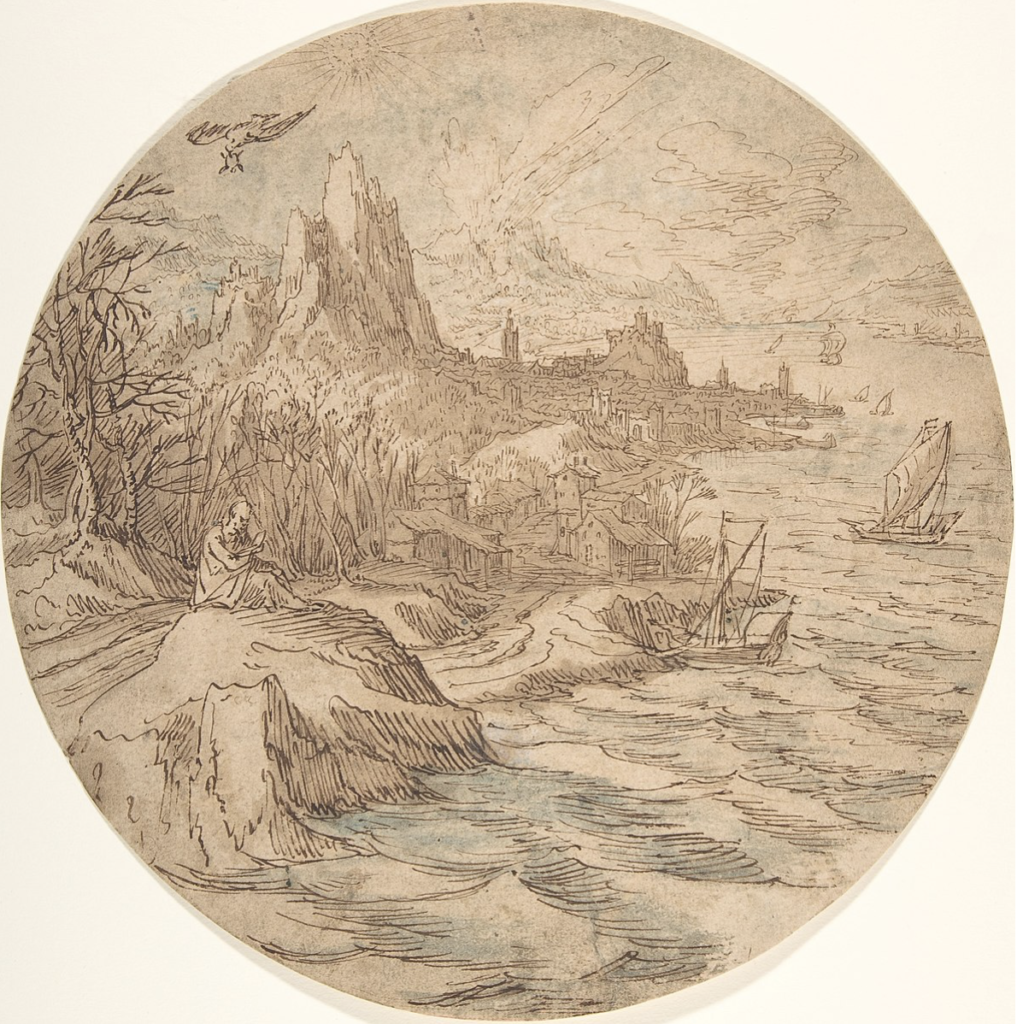
Aeschylus believed that war was a tragedy and should be avoided whenever possible. He saw war as a senseless waste of life, believing that it could never be justified. He was one of the first playwrights to explore the human cost of war, and his work is still relevant today.
Aeschylus and the Human Experience
Aeschylus’ plays are an essential source of information about the human experience in ancient Greece. They show how the ancient Greeks viewed the world and their place in it, and they provide insights into their religious beliefs and attitudes towards death and the afterlife.
Many of Aeschylus’ plays were based on myths and legends. In particular, he drew on the stories of the gods and heroes of ancient Greece. He used these stories to explore important themes such as the human struggle against fate, the power of the gods, and the nature of justice.
His plays were also notable for their dramatic power and the intensity of their emotions. He was a master of the tragic form, and his plays are full of tragedy, suspense, and horror.
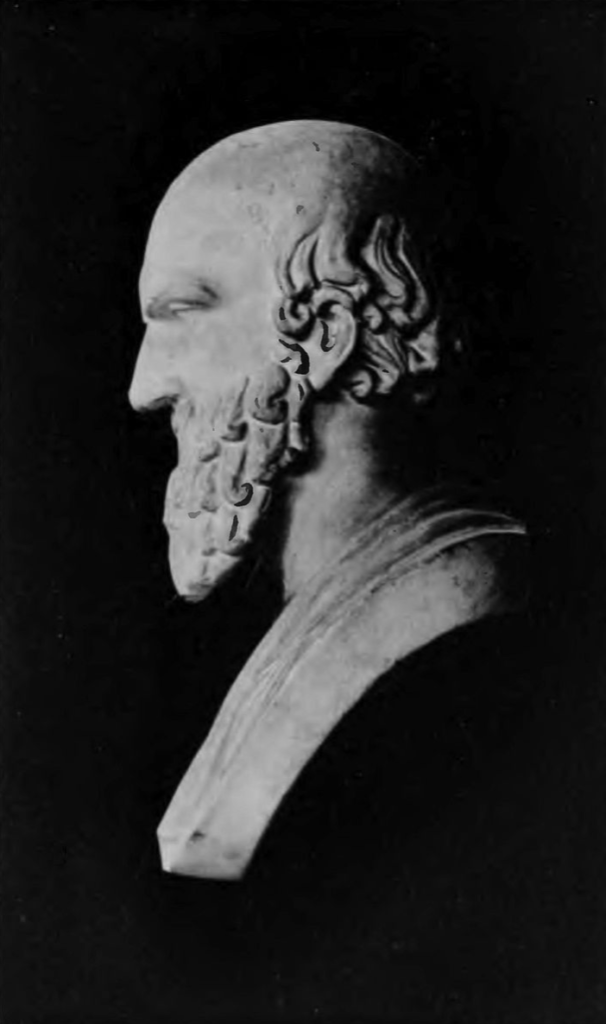
Aeschylus and the Modern World
In our era, with its increasing focus on the individual, Aeschylus’ dramas can help us reflect on how we interact with others and the role that community plays in our lives. However, they can also remind us of the dangers of hubris – of thinking that we are in control of our destiny and can ignore the will of the gods.
His plays are also a reminder of the power of language. His characters speak with a depth and eloquence that is still impressive more than two thousand years after they were written. In an age of increasing superficiality, we can learn a great deal from their insights into the human condition.

